As automotive sustainability comes into focus ahead of the European 2030 IC ban, eFuels are emerging as a possible solution
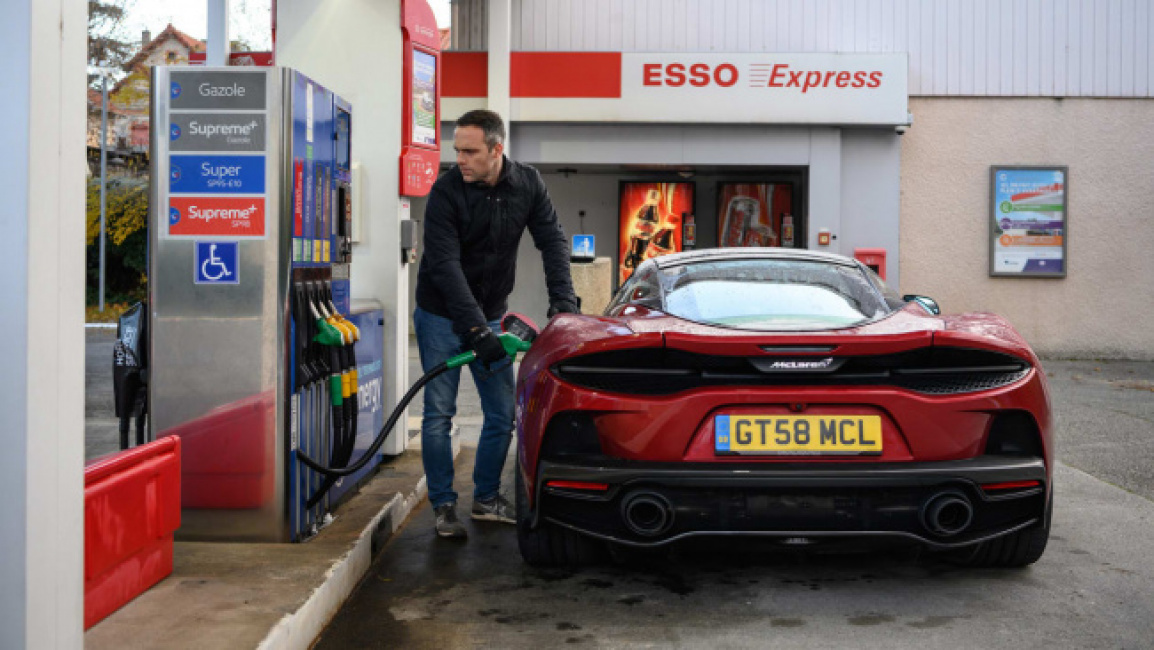
Synthetic fuels, or eFuels, are now a key topic of discussion in the race to decarbonise the cars we drive. The conversation has been going on for decades, but with new pressure incited by the 2030 ban on the sale of I.C cars and public pressure to reduce emissions derived from cars, trucks and aeroplanes, it's become a keystone issue for both consumer and manufacturer.
Widespread electrification might seem the obvious answer to these issues, and indeed it’s one that both manufacturers and particularly governments are pushing, but running all of these industries on electricity just isn't viable, which is where synthetic fuels come in.
While the fundamental chemistry is the same – combustion engines will always produce CO2 in the combustion cycle – synthetic fuels are often created through some form of carbon capture. This can be by directly capturing it from the atmosphere or in the process of photosynthesis if the fuel is being produced from plants. In either case, it mostly offsets the emissions produced when they’re burned in the combustion process.
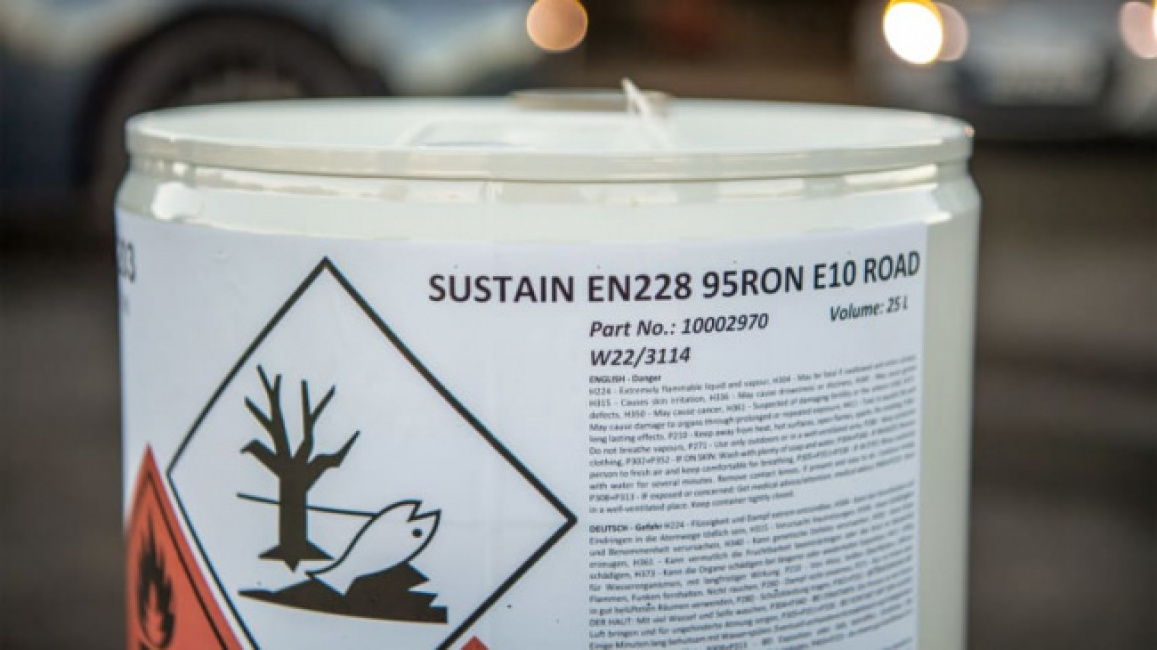
In fact, eFuels have now become a leverage point for some EU politicians keen to safeguard their economy from the effects of the 2030 ban. Automotive News Europe recently reported that German Transport Secretary Michael Theurer has called for a proposal that would exempt the sale of I.C cars beyond 2030 if run on sustainable fuels. Italy broadly opposes the 2030 ban, in both instances causing friction within the EU.
Yet eFuels are just one strand of the wider sustainability picture when it comes to the cars we drive. The carbon footprint of the extraction of materials, processing and the final manufacturing all vary depending on their chosen propulsion method, often skewing favourably towards the relatively simple combustion-powered car.
No manufacturers are totally clear about the manufacturing footprint of their different models, whether electric, hybrid or pure combustion. Some, such as Polestar and Volvo, have begun to publish basic life-cycle assessments, but without an independent body to verify these numbers, not to mention other manufacturers providing their own figures for context, it’s still only an early step in the right direction.
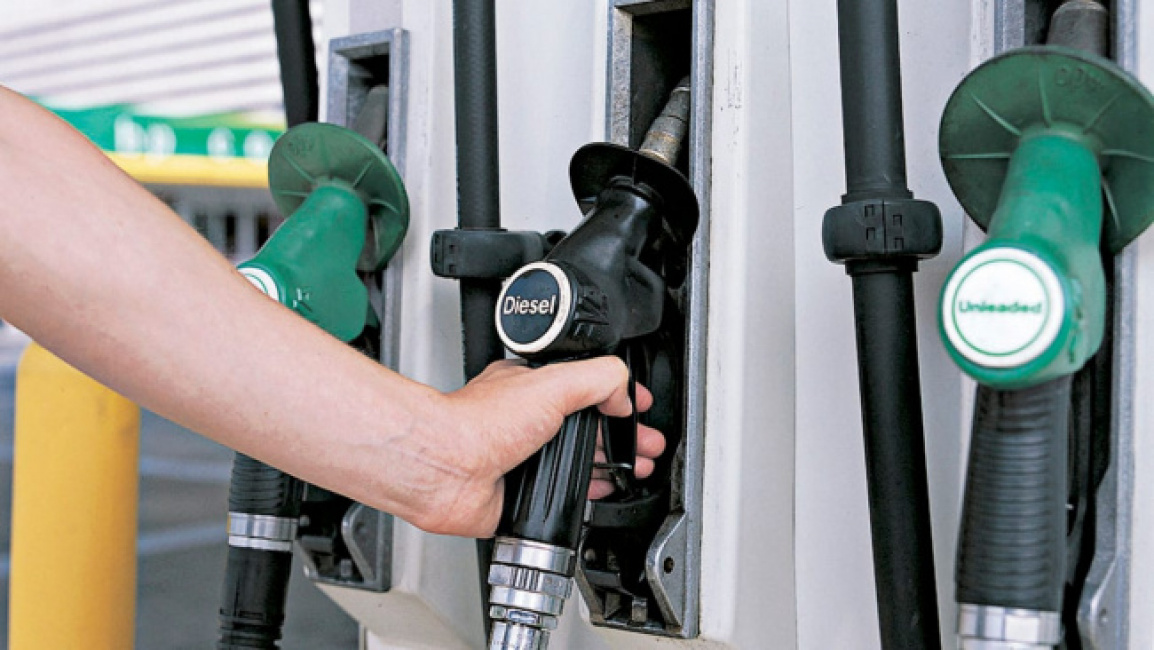
Porsche’s vice president of Motorsport and GT cars, Dr Frank Walliser, believes internal combustion engines using synthetic fuel, or eFuel, will make internal combustion cars as clean as an electric alternative. Speaking at the launch of the new 911 GT3, Walliser explained that Porsche’s development of synthetic fuels is on course to start trials in 2022 and that this fuel could be used in all of Porsche’s current internal combustion engines without any requirements to modify them, including that used in the all-new 992-generation GT3.
‘Synthetic fuels are very important to allow us to reduce our CO2 output. Emissions are way better than those of current pump fuel, with less particulates and less NOx produced – synthetic fuels have between eight to ten components whereas petrol today has 30-40 and not all of them are welcome,’ Walliser explained.
‘Synthetic fuel is cleaner and there is no by-product, and when we start full production we expect a CO2 reduction of 85 per cent. From a “well to wheel” perspective, and you have to consider the well to wheel impact of all vehicles, this will be the same level of CO2 produced in the manufacture and use of an electric vehicle.’
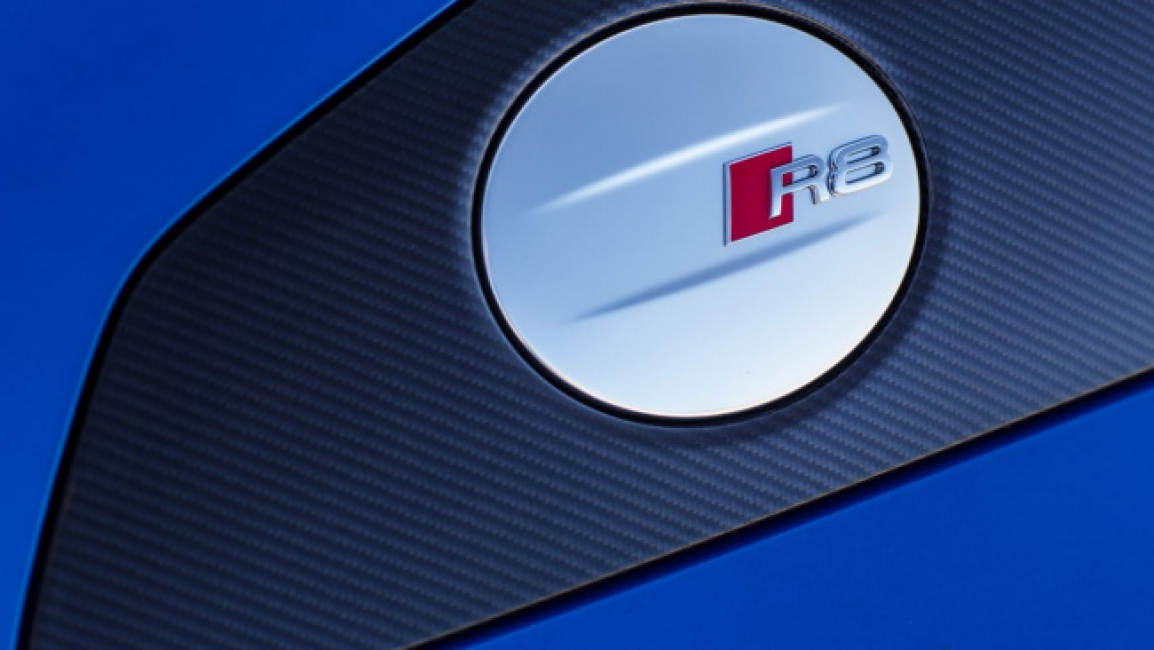
Ferrari is also working on synthetic fuels with its fuel partner Shell, with Chief Technology Officer Michael Leiters explaining at the launch of the 812 Competizione, 'We are working with our partners on synthetic and bio fuels, but for now this is all we can as we are already at an advanced stage with this project.'
Andy Palmer, ex-Aston Martin chief executive, has also weighed in on the issue, stating: ‘On the face of it, synthetic fuels seem to be the obvious choice for aviation and in sports cars, where weight is an important factor in determining performance. Drones, planes and sports cars can’t afford to carry the weight of a battery [typically circa 400-500kg in a midsized car]. The big upside is that synthetics are compatible with internal combustion engines. The big downside is that synthesising eFuels is very expensive.’
Audi has also been working with its own partners on eFuels since 2009, and performance car OEMs such as McLaren and Aston Martin have also signalled their support of the technology. BMW M’s head of development, Dirk Hacker, also thinks eFuels are a viable option. Speaking ahead of the launch of the new M4, he told evo: ‘We are looking at eFuel because I think it could be something offered by the petrol industry in the future. eFuel is an additional feature for the challenges we have in the future.’
Synthetic fuels explained: is there such a thing as carbon neutral petrol?
Bentley has also confirmed its position on eFuels. Speaking at the launch of the Continental GT Speed, Matthias Rabe, board member of engineering, confirmed that it is working alongside Porsche and Audi in the development of synthetic fuels. ‘Some transport solutions will always require a liquid fuel on a small scale and if we need to provide a solution for eFuels, we will.’
Bentley’s CEO, Adrian Hallmark, added: ‘It takes between 20 and 30 years to take a car off the road once it has been built and sold. So if you look at the new petrol-engined cars that will be sold later in this decade, these will be on the road for another two or three decades. The benefit of synthetic fuels is it can be blended with existing fuels or you can use pure eFuels if required when the time comes.’
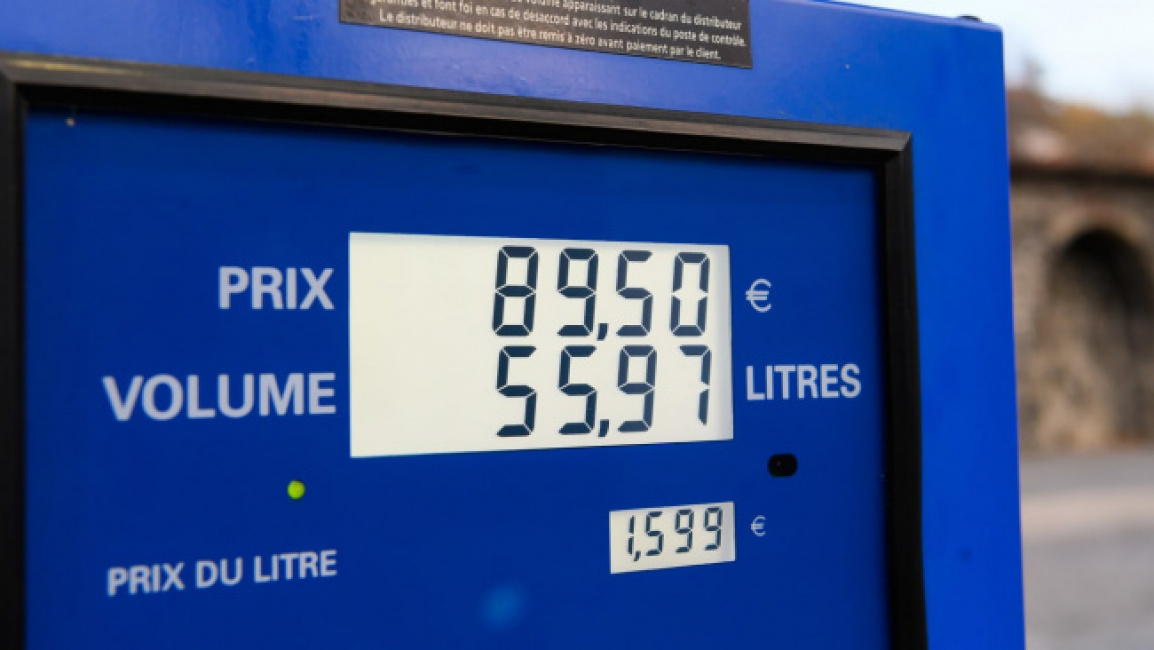
It’s industry suppliers such as Bosch that have been the most vocal advocates of the new technology, citing that even with the stringent targets being placed on manufacturers now, a majority of cars on the road in 2030 will still be powered by fossil fuels. Development of cleaner alternatives, such as eFuels, will have its own part to play in order to solve at least part of the problem.
While the development of synthetic fuels remains in its infancy and the production process requires large-scale investment for what is considered a small volume (Porsche expects to have 130,000 litres ready by 2022), manufacturers and suppliers haven’t given up on the internal combustion engine just yet and are continuing to invest in eFuels.
As well as allowing today’s internal combustion-engined cars to significantly reduce their emissions and to offer a sustainable alternative for motorsport (currently Porsche only plans to use its synthetic fuel for its motorsport programmes and at its driving experience centres), synthetic fuels would allow older cars to remain on the road without the need for any modifications to their engines while still benefiting from the same reduction in tailpipe emissions.
With governments around the world already announcing plans to ban the sale of petrol and diesel-engined cars by the end of the decade, you could argue the development of synthetic fuels is a fruitless task. But the industry is wise to every government’s willingness to make the boldest of U-turns on a whim, and also bright enough to understand that electric vehicles will never be the answer to every mobility need.

When tackling the issue of sustainability, to only consider how we fuel cars is ignoring half of the problem, as it’s the reduction of carbon emissions at all levels that is the objective. The reality is that your clean, new car has already produced a few tons of CO2 in the manufacturing process, something that’s especially true of electric cars and their resource-heavy batteries.
While car manufacturers are generally very efficient at building cars in terms of energy use at an assembly level, the raw materials being dug up, refined and manufactured into parts aren’t generally taken into account, leaving a blind spot in the understanding of exactly how much of an impact new cars have before they even reach the dealership.
One manufacturer that has taken steps to make this part of its sustainability claims more transparent is Polestar. It was the first major car maker to reveal a total carbon footprint for one of its cars, the all-electric Polestar 2, which is rated at 26 tons of CO2e* ‘cradle to gate’ – that’s from raw material to customer handover.

This is considerably higher in comparison to one of its equivalently sized combustion models, such as the Volvo XC40 SUV, revealing data that suggests it would take 31,000 miles of driving for the Polestar 2 to break even with an I.C model, and that’s when recharged with what Polestar broadly states as ‘green energy’. This is not a critique of Polestar as such – it is to be commended for this new level of accountability – but the reality of electric cars today.
In an effort to approach the problem Polestar has announced that by the year 2030 it is aiming to deliver its first completely carbon-neutral car from cradle to gate. While this is obviously not going to be a practical reality of mass manufacturing cars in the next decade, it is at least a beginning point to understand how to think about sustainability in a wider sense rather than the narrative which is currently being pushed by both manufacturers and governments.
* ‘Carbon dioxide equivalent’ or ‘CO2e’ is a term for describing different greenhouse gases (GHG) in a common unit.
Keyword: efuels, sustainability and sports cars – is it the key to saving the combustion engine?
